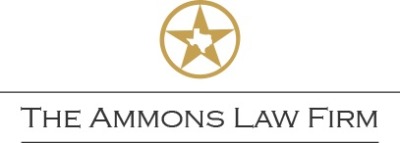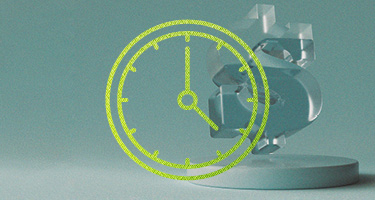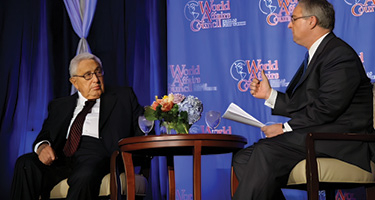Expanding Corporate Liability in Wrongful Death Cases
Traditionally, wrongful death claims focused on individual negligence, such as reckless drivers or medical professionals. However, courts are now broadening accountability to include corporations, product manufacturers, and government agencies when their actions—or inactions—contribute to a fatal incident.
- Defective Products & Auto Safety: Studies from the National Highway Traffic Safety Administration (NHTSA) show that defective vehicle components contribute to thousands of yearly fatalities. Wrongful death attorneys increasingly target automakers and parts manufacturers when defective airbags, faulty seat belts, or unstable vehicle designs lead to preventable deaths.
- Workplace & Industrial Fatalities: In 2022, the Occupational Safety and Health Administration (OSHA) recorded over 5,000 workplace deaths, many of which involved unsafe machinery, toxic exposure, or inadequate safety protocols. Families of deceased workers are pursuing claims against third-party contractors and equipment manufacturers rather than relying solely on employer liability.
- Trucking Industry Accountability: Large truck accidents cause over 5,700 fatalities annually, often due to driver fatigue, unsafe company policies, or improper maintenance. Wrongful death claims in commercial trucking lawsuits are increasingly focusing on fleet operators and manufacturers rather than just individual drivers.
The Growing Role of Scientific Evidence in Wrongful Death Lawsuits
Courts are relying more on forensic evidence and expert testimony to determine liability in wrongful death cases. Instead of relying solely on eyewitness statements, legal teams use scientific proof to establish fault and causation.
- Accident Reconstruction & Black Box Data: In truck and auto fatality cases, attorneys use black box recordings, crash simulations, and speed analysis to prove negligence.
- Medical & Toxicology Reports: In wrongful death claims involving toxic exposure or defective medical devices, forensic toxicologists analyze chemical levels, drug interactions, and manufacturing defects to link products to fatal outcomes.
Legislative Changes Affecting Wrongful Death Compensation
Wrongful death laws vary significantly by state, with evolving regulations affecting who can file a claim and what damages they can seek. Recent legal updates include:
- Expanded Eligibility for Claims: Some states have extended eligibility to domestic partners, distant relatives, and financial dependents, allowing more people to pursue compensation.
- Higher Caps on Non-Economic Damages: Several states have raised limits on pain and suffering awards, ensuring that families receive fair compensation beyond financial losses.
- Punitive Damages for Corporate Misconduct: Courts are increasingly awarding punitive damages in cases where corporations knowingly ignored safety defects or concealed dangerous risks.
Why Wrongful Death Claims Require a Strategic Legal Approach
Due to corporate liability expansions, reliance on forensic science, and ongoing legal reforms, wrongful death cases require experienced legal representation. A wrongful death attorney must be prepared to hold corporations, manufacturers, and negligent parties accountable using scientific evidence, expert testimony, and advanced litigation tactics.
As wrongful death claims continue to evolve, families seeking justice must work with legal professionals who not only understand current wrongful death laws but also anticipate future legal trends that may impact their case.
Compliance Disclaimer:
This content may be considered attorney advertising. No outcome is guaranteed. Laws vary by state; consult an attorney licensed in your jurisdiction for legal advice.











































